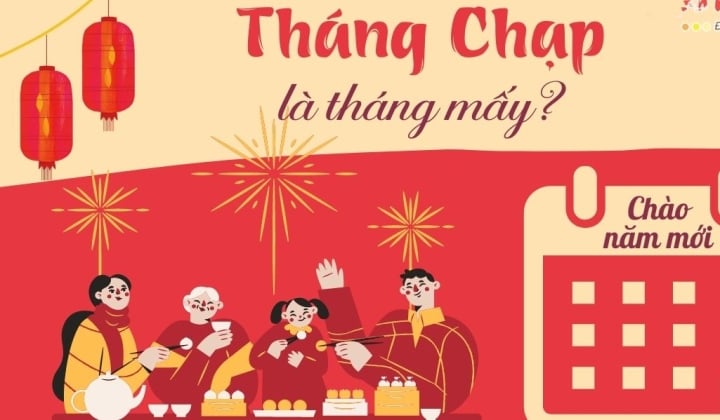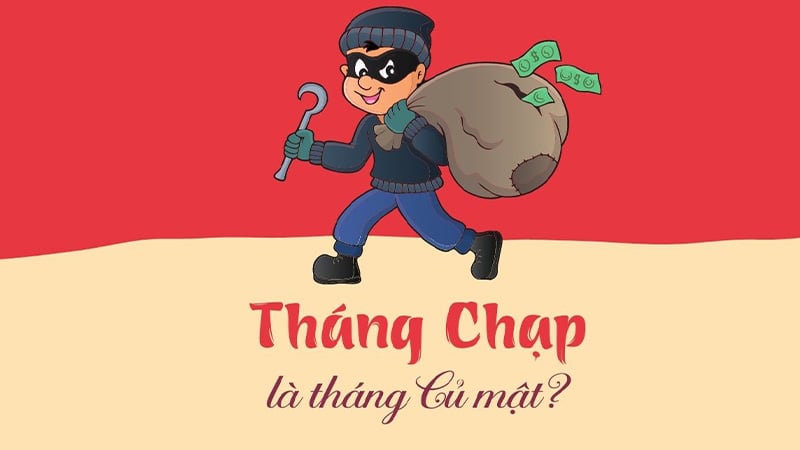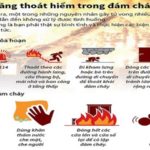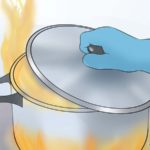What is the Month of Củ Mật?
Is the Month of Củ Mật similar to the months of potatoes, cassava… or not? In fact, “Củ Mật” is not the name of a type of tuber but a Vietnamese word meaning careful control. Therefore, Củ Mật means to control carefully, tightly, not allowing any loss.
Our ancestors used to call the twelfth lunar month as the Month of Củ Mật because this is the time of “the year and the month meeting”, which requires extreme caution to avoid loss, mistakes, and troublesome and unlucky events that could ruin the joy of the new year.
The Month of Củ Mật is the month that our ancestors used to remind each other to be more cautious to prevent theft. At the end of the year, everyone is tired and busy, making it easy to lose vigilance and be careless. There are often many goods, money, and belongings in the house, which are attractive to thieves. Therefore, the Month of Củ Mật has the meaning of raising awareness to prevent theft.

In the month of Chạp, besides preventing theft, there is another matter that requires “Củ Mật,” which is fire prevention. In the dry winter weather, people cook more, and there are many feasts. Just a moment of carelessness, not paying attention to small sparks, could cause a blaze that could destroy houses and properties. While the new year is approaching, no one wants unpleasant things to happen to their family.
What does the Month of Chạp mean?
According to cultural researchers, in the meaning of the word “chạp,” it is a variation of the word “lạp” in Chinese. The worshipping ceremony at the end of the lunar year of the ancient Chinese people was called Lạp, so this month is also called Lạp nguyệt (nguyệt meaning month). When mentioning the word “lạp,” it refers to the act of going to “lạp mả,” visiting, and taking care of ancestral graves to prepare for the Lunar New Year.

In December, the Vietnamese have many worship ceremonies, so gradually the term “giỗ chạp” (Chap anniversary) was formed. The Vietnamese also value the act of visiting and taking care of the graves of their ancestors in the last month of the year so that by the end of the year, when offering incense to invite the ancestors back home to celebrate Tet, all the graves are tidy, showing the gratitude and warm affection of the family and lineage. Therefore, we Vietnamese people call the twelfth lunar month the Month of Chạp with the meaning as mentioned above.
The information is of introspective value.
9 Essential Fire Evacuation Strategies for High-Rise Apartment Buildings
In the event of a fire or emergency, knowing how to safely escape is key when living in a high-rise building or apartment. To ensure your safety, please review the 9+ escape skills listed below.
Dangers of Using Water to Extinguish a Grease Fire
Cooking safely is essential for the wellbeing of everyone in the household. It is important to be mindful of the potential for kitchen mishaps while preparing meals, such as the risk of pots or pans catching fire. To avoid any harm, the following safety measures should be taken into account while cooking.



































